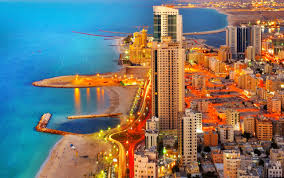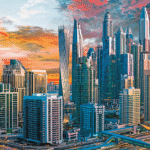Now Reading: Emaar’s Bold Move Into the Metaverse Will Blow Your Mind 2025
-
01
Emaar’s Bold Move Into the Metaverse Will Blow Your Mind 2025
Emaar’s Bold Move Into the Metaverse Will Blow Your Mind 2025
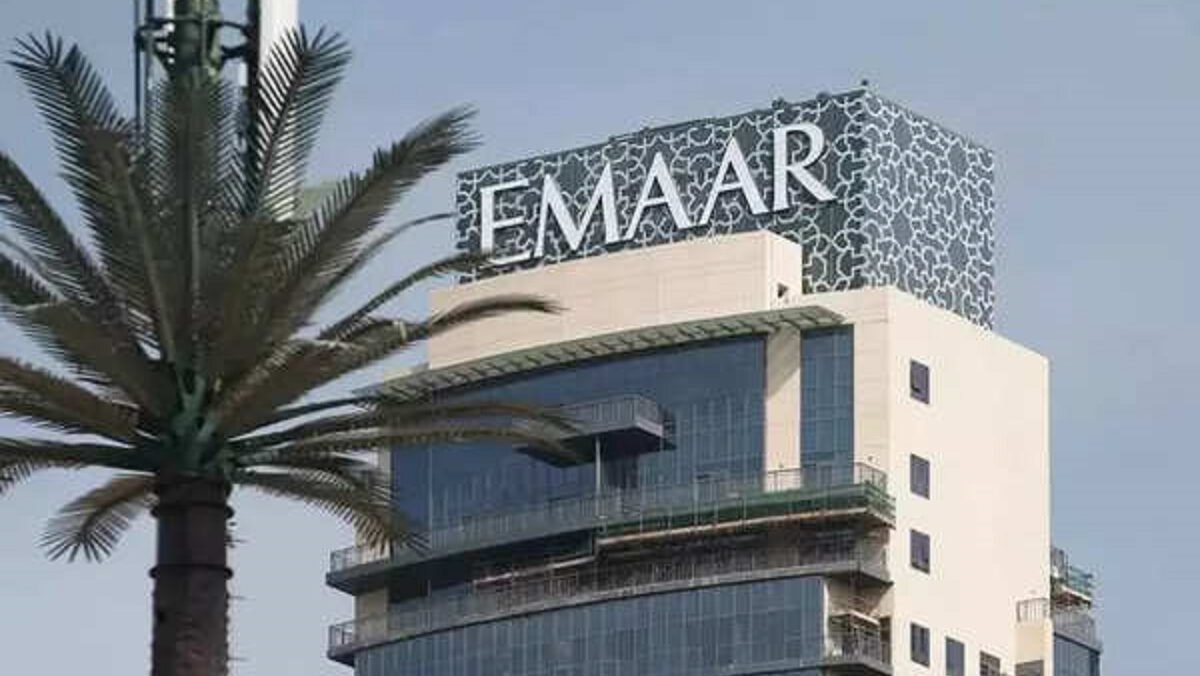
Emaar Properties, the Dubai-based global real estate giant known for developing the iconic Burj Khalifa and Dubai Mall, is setting its sights on a new frontier — the Metaverse. As the digital world rapidly merges with the real one, Emaar’s move into virtual real estate and digital experiences is not only futuristic, but potentially revolutionary for the property market.
So, what exactly is Emaar planning in the metaverse? And how could this reshape real estate as we know it?
Let’s break it down.
What Is the Metaverse, and Why Does It Matter for Real Estate?

The metaverse is a 3D digital world where people can interact, work, shop, and even buy land using avatars and virtual reality (VR). Think of it as the internet turned into a living world you can step into.
In this world, virtual real estate means users can buy, sell, and build on digital land — similar to real-life property. This has created an exciting new market where NFTs (non-fungible tokens) represent ownership of digital assets.
For real estate developers like Emaar, this offers a chance to extend their brands into immersive online spaces, attracting younger audiences and tech-savvy investors.
Emaar’s Entry into the Metaverse
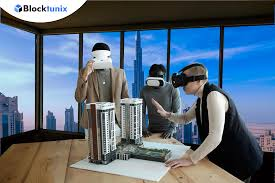
Emaar has already shown signs of interest in blockchain and digital innovation. In 2019, it launched the Emaar Community Token, a blockchain-based rewards system for customers.
Now, insiders say the company is exploring the development of virtual experiences that mirror its real-world properties — from luxury homes and shopping centers to entire smart communities.
While no major public announcements have been made, sources suggest Emaar is planning to:
- Create digital twins of its existing properties, allowing users to explore and invest virtually.
- Build premium virtual real estate, including penthouses, villas, and commercial spaces in metaverse platforms like Decentraland or The Sandbox.
- Host immersive virtual events such as property tours, launches, and investment expos.
- Partner with Web3 developers and platforms to bring these experiences to life.
This move would allow Emaar to sell digital property NFTs, open up new revenue streams, and engage with global users who may never visit Dubai — but still want to own a piece of its innovation.
Why Virtual Real Estate Is Big Business
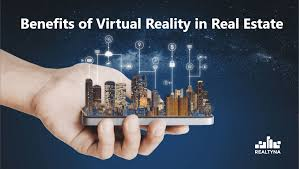
You might wonder: Who would spend real money on fake land?
The answer: A lot of people — and brands.
Virtual real estate sales topped $500 million in 2021 alone, and the market is projected to grow to $5 billion by 2026, according to analysts. Just like real land, digital land is scarce, especially in popular metaverse locations.
Companies like Adidas, Samsung, and Gucci have already bought digital land to build branded experiences. Celebrities like Snoop Dogg and Paris Hilton have created their own virtual mansions.
For Emaar, this is not just a tech trend — it’s a chance to stay relevant, competitive, and future-ready.
How Emaar’s Metaverse Plans Could Work
Imagine this: A person sitting in New York puts on a VR headset and walks through a luxury penthouse in Dubai Hills Estate — all without leaving their home. They can talk to an AI agent, customize the design, and even buy the digital version as an NFT.
This NFT could come with real-world benefits — like priority booking for actual properties, or access to exclusive Emaar clubs and communities.
Alternatively, users could buy digital plots of land in Emaar’s own virtual city, build experiences, or rent their space to brands and other users — just like they would in real life.
Benefits of Emaar’s Metaverse Strategy
- Reach a Global Audience: The metaverse removes geographic limits. Investors from anywhere can explore Emaar’s projects instantly.
- Engage Younger Buyers: Millennials and Gen Z are more likely to invest in digital assets and use VR tech.
- Drive Sales with Gamification: Virtual tours, interactive property games, and collectibles can make real estate more fun and engaging.
- Boost Brand Innovation: Entering the metaverse shows that Emaar is not just following trends — it’s setting them.
Challenges and Risks Ahead
While the potential is huge, there are still risks and challenges to navigate.
- Tech barriers: Not everyone owns a VR headset or understands NFTs.
- Regulatory uncertainty: Digital property laws are still being written in many countries.
- Market volatility: The crypto and NFT markets are known for their ups and downs.
Still, Emaar has a reputation for big, bold moves — and this one could position it as a global leader in Web3 real estate.
What Could the Future Look Like?
The line between physical and digital real estate is becoming thinner. In the future, owning a home might include both a real house and its metaverse twin — used for socializing, working remotely, or as a digital investment.
Emaar could lead the way by creating entire smart communities where real and virtual life connect — with services, stores, and entertainment available in both worlds.
As cities like Dubai push toward being “Metaverse Capitals,” Emaar’s involvement could shape what future living truly looks like — across dimensions.
Final Thoughts
Emaar’s entrance into the metaverse is more than a trend — it’s a step toward redefining real estate in a digital-first era. With a powerful brand, global reach, and strong vision, Emaar is well-placed to take a leadership role in this space.
Whether you’re a real estate investor, a tech enthusiast, or simply curious about the future of living, keep an eye on what Emaar builds next — both in the real world and beyond.
Read More:- Shobha Realty Launches Its Most Luxurious Project Yet—Full Details Inside 2025



